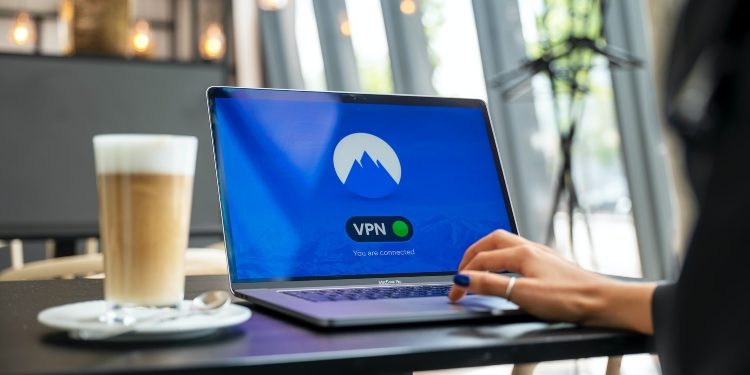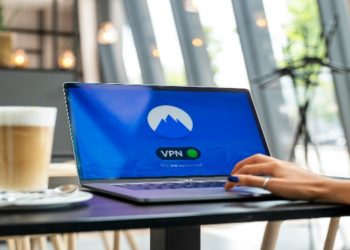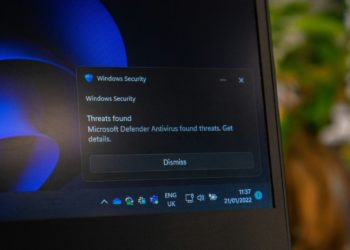Nowadays, maintaining a private online life takes a lot of work. With the increased usage of social media websites and other applications, users have become more prone to a breach in their online data. Even though it is quite difficult to protect yourself online, taking some preventive measures can decrease the possibility of online data theft. So, here are some ways for you to protect yourself digitally.
Based on ExpressVPN’s report, most users waste a lot of time resetting their passwords. In fact, it takes the average person almost four minutes to reset a password. It is also notable that despite the requirement of unique passwords, it is physically impossible for someone to remember all passwords. So what can users do to ensure that their digital privacy is not compromised?
Why Should You Protect Yourself Digitally?
If you are wondering why you need to make yourself digitally secure, here are some reasons. It is a given that not all users upload sensitive content related to themselves to their online accounts. However, to register for any website, users have to provide their email addresses at the very least. In the event of a database breach, your email can be used by hackers for identity theft. This can also jeopardize your device data, as well as all your social media accounts.
Similarly, hackers can also use email addresses to track private information related to the account user. Most people online use similar passwords for all their accounts as it is easier to remember. But if a lower security website faces hacking issues, chances are that someone has access to your email, username, and password combination. It can increase the possibility of your accounts being hacked by someone.
How To Ensure Digital Security?
We know that it is important to remain secure online and that users must create strong security for their digital data. But how can you ensure digital security? Users can follow various preventive measures to safeguard their online data. And it is important to be aware of your online presence to avoid negative experiences while browsing the internet.
To increase your digital security, you should upload content that does not provide people with private information. Try to upload less on your online accounts and use encrypted websites. Even well-known websites like Facebook and Zoom have faced database breaches in recent years. If you are a regular user of unsafe websites, you can use an alternate email address that is not used for other purposes.
Why Are Strong Passwords Important?
One of the best ways to ensure the security of your online accounts is by creating strong passwords. If you feel that you can not remember passwords for your accounts this way, you can use Google-suggested passwords for all your accounts. You can also create an encrypted document that enlists all website passwords. Strong and unique passwords are important to avoid potential hacking attacks.
If you want to add a layer of security, you can use 2-factor authentication for your accounts. This way, others will not be able to access your account without your knowledge. 2-factor authentication will help you protect your accounts better, especially if your password is compromised. You should remember that passwords are the last layer of protection for your social media accounts and must be strong and unique.
Can Privacy Settings Help With Digital Security?
Nowadays, most websites keep track of your online activities by providing personalized ads and other such things. Check your privacy settings to stop websites from tracking your online activity. Each website has different layers of privacy settings, so you should do a little research before setting up privacy controls on your account.
You can also disable personalized ads for websites to hide your online activity further. It is also notable that search engines can also keep track of your browsing activity. What most online users do not know is that they can stop search engines from doing so by blocking them from their browsers. Even though there are multiple ways to safeguard your online data, this is one of the easiest methods, as all you have to do is set up your browser so that search engines can not trace your activity.
Why is VPN a Must?
Despite adding multiple layers of security, your online presence is only protected enough once you use a VPN service. VPN services allow users to hide their exact location and IP addresses from other users and websites. This not only helps in warding off hackers, but it also helps in hiding your online activity. That is why using a proper VPN is necessary for all internet users.
If you download a lot of content from the Internet, you should also invest in proper firewall software to protect your device from viruses and malware. Usually, hackers attach malware to downloadable files that can provide them control of your system. No matter how careful you are regarding your online presence, your digital privacy is only secure once you educate yourself about the issue. With the expanding usage of the internet, the need to be well-versed in digital security is always there. You should educate yourself about security measures that can help you with protecting your digital privacy.
Conclusion
With the increasing internet use, users must safeguard their digital privacy. If you do not take appropriate preventive measures, there are chances that your online data will not be protected. This can also result in a breach of private information and can affect your day-to-day life.
To ensure that you are digitally safe, you should invest in good VPN services, have unique passwords, and try to use verified or reliable applications only. It is very easy for hackers and malicious entities to gain access to your online information if you are unaware of safety measures. Additionally, safeguarding your digital data can help protect your devices from breaches. So the next time you plan to browse on the Internet, try to follow these preventive measures.
David Prior
David Prior is the editor of Today News, responsible for the overall editorial strategy. He is an NCTJ-qualified journalist with over 20 years’ experience, and is also editor of the award-winning hyperlocal news title Altrincham Today. His LinkedIn profile is here.


![7 Best POS Software in the UK [2026 Edition]](https://todaynews.co.uk/wp-content/uploads/2026/02/7-Best-POS-Software-in-the-UK-2026-Edition-360x180.png)





















































![7 Best POS Software in the UK [2026 Edition]](https://todaynews.co.uk/wp-content/uploads/2026/02/7-Best-POS-Software-in-the-UK-2026-Edition-120x86.png)

![7 Best POS Software in the UK [2026 Edition]](https://todaynews.co.uk/wp-content/uploads/2026/02/7-Best-POS-Software-in-the-UK-2026-Edition-350x250.png)


















